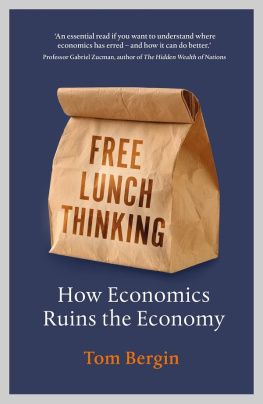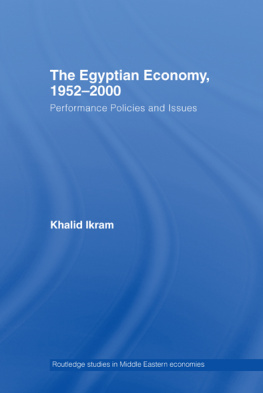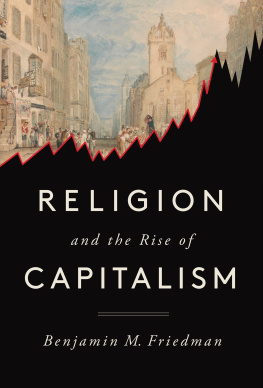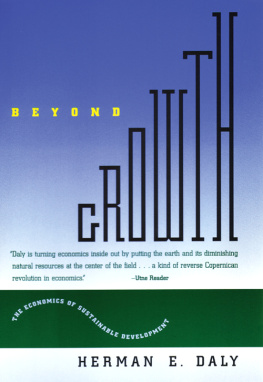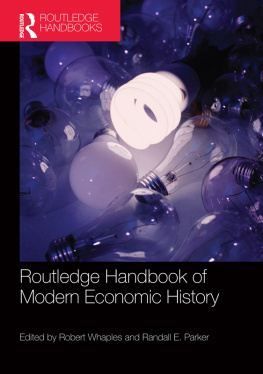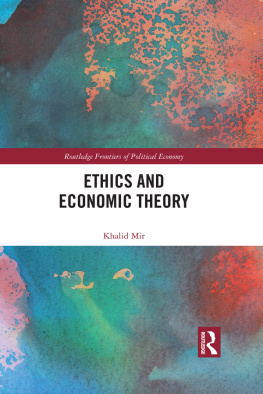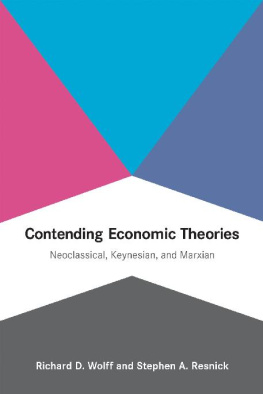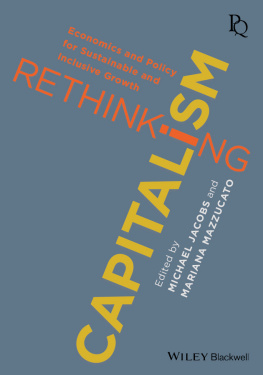Tom Bergin
FREE LUNCH THINKING
How Economics Ruins the Economy

Contents
- 1 The Laffer Conundrum
Do lower taxes help growth? - 2 The Feldstein Revelation
Do high taxes make us lazy? - 3 The Hire and Fire Debate
Is job security economically damaging? - 4 The Jensen Claim
Can money make you a better manager? - 5 The Stigler Hypothesis
Does a minimum wage cost jobs? - 6 The Russell Graph
Do sin taxes work? - 7 The Pigou-Coase Disagreement
Does regulation harm economic growth? - 8 The Jorgenson Thesis
Are taxes on business damaging?
ABOUT THE AUTHOR
Tom Bergin is an investigative financial journalist for Reuters. His work has prompted parliamentary inquiries and won numerous awards in Britain, the United States and Asia, including a Gerald Loeb Award for Distinguished Business Journalism and the Orwell Prize for Journalism. In 2013, he was named Business Journalist of the Year at the British Press Awards. His previous book, Spills & Spin: The Inside Story of BP, was named a Sunday Times Politics Book of the Year in 2011.
Before entering journalism 20 years ago, Tom worked in asset management and as an energy broker. He grew up in Ireland and lives in London.
To my father, who brought me up to appreciate the value of knowledge.
INTRODUCTION
The ideas of economists and political philosophers, both when they are right and when they are wrong, are more powerful than is commonly understood. Indeed, the world is ruled by little else. Practical men, who believe themselves to be quite exempt from any intellectual influences, are usually slaves of some defunct economist.
John Maynard Keynes, The General Theory of Employment, Interest and Money
In 1661, with the French states finances in disarray due to mismanagement and the cost of fighting wars, Louis XIV appointed Jean-Baptiste Colbert his foremost finance official, later giving him the title of contrleur gnral des finances or finance minister. The new minister duly set about reform: he reduced waste and graft and removed many of the tax exemptions that nobles
Finance ministers today still cite Colberts comment. But only to lighten a dry fiscal speech or dull passage in their memoirs. These days, balancing the books without provoking insurrection (or its twenty-first-century equivalent, electoral failure) is only part of the art of taxation, so far as policymakers and their advisers are concerned. Taxation is no longer seen as a zero-sum game of deftly spreading the burden. Skilful taxation now involves combining the raising of revenue with other policy objectives, such as the stimulation of wealth creation or nudging citizens into behaving in a more productive or socially responsible way.
And its not seen as an art. Taxation today is viewed as a science, underpinned by mathematical models with accurate predictive powers. If a finance minister wants to encourage people to work harder, there is a model to tell him or her how to tailor the income tax rate. If the aim is to encourage businesses to invest and hire more, theres a model that tells the minister how to calibrate corporate taxes. And if a government wants to reduce the consumption of, say, sugary drinks, theres even a model to tell them how much tax should be levied on a can of cola to achieve a given reduction.
The engine powering this mindshift is Economics. It barely existed as a field of serious knowledge in Colberts time. But in the centuries since, it has evolved from a combination of folk wisdom and intuition into a highly formalised body of study, built on complex mathematics and the exploration of vast data sets. And its not just the art of taxation that it has revolutionised. How we decide employment protection rules or safety standards on consumer products; how we choose what services governments should provide: how we determine the way different countries interact commercially; all have been transformed by economics. Almost every area of policy that impacts our material welfare is now set with reference to models honed in the great universities of Harvard, Cambridge or Chicago. These models are all elements of a social science dedicated to showing us how to allocate our limited resources so as to maximise our utility or, in laymans terms, to get the most bang for our bucks.
There is a saying made famous by the Nobel memorial prize-winning economist Milton Friedman that Theres no such thing as a free lunch that we cant magic wealth out of nothing (say, by printing money) or shift costs into the ether. Friedmans view was that if we legislate to reduce a burden on some citizens, or to increase the advantages they may enjoy, there will be repercussions somewhere down the line, that will involve a cost for others and might even ultimately mean the measure is counterproductive. So even if a meal is priced at zero, someone, somewhere is paying for it. Modern economics may disparage the concept of free lunches, yet, today, one often gets a sense from key economists and policy-makers that a free lunch isnt that far away. Economics aims to show how we can generate growth by identifying more efficient ways of organising society, thereby making us richer and, hopefully, happier, with the least amount of sacrifice on our part. Such a utopia is achievable, economists believe, because they understand the mechanisms that drive everything from business investment and production decisions to consumer purchase choices, to individual attitudes to saving.
The idea that social scientists can show governments how to boost economies at little or no cost is relatively new. For centuries public finance was something of a one-sided game: when rulers needed to raise taxes to meet such necessary expenses as fighting a war or paying officials, they simply extracted what they needed from the people they ruled and assumed their predations had little or no impact on overall national income.
But, in the eighteenth century, that started to change.
Conventional thinking would have dictated that the new chancellor should raise tariffs on imports, both to promote a trade surplus and to raise revenues. Walpole didnt. Instead he did precisely the opposite: he cut them. It was a counter-intuitive master stroke. By introducing tariff cuts on such raw materials as dyes and
It is, however, with the Scottish philosopher Adam Smith and his 1776 work An Inquiry into the Nature and Causes of the Wealth of Nations that practical policy making first acquired a fully thought-through and coherent analysis and
Smith was openly dismissive of the prevailing mercantilist orthodoxy, which argued that national His notions on everything from international trade to the considerations that governed wages and savings were fresh and often counter-intuitive. The free market ideas he espoused would be adopted and built on by others, including David Ricardo, to become what was known as the Classical School of economics.
Smiths ideas are said to have influenced Prime Minister William Pitt and contributed to his decision to ignore powerful protectionist forces at home and abroad to negotiate a trade liberalisation treaty with France in 1786. But perhaps their earliest significant influence came with Robert Peels Tory ministry of 18416. Peel had a deep understanding of the works of Smith and Ricardo. He cited taxes were less likely to slow growth than others. It was his repeal of the Corn Laws in 1846, however, that proved to be one of the landmark nineteenth-century examples of economic theory steering policy.

